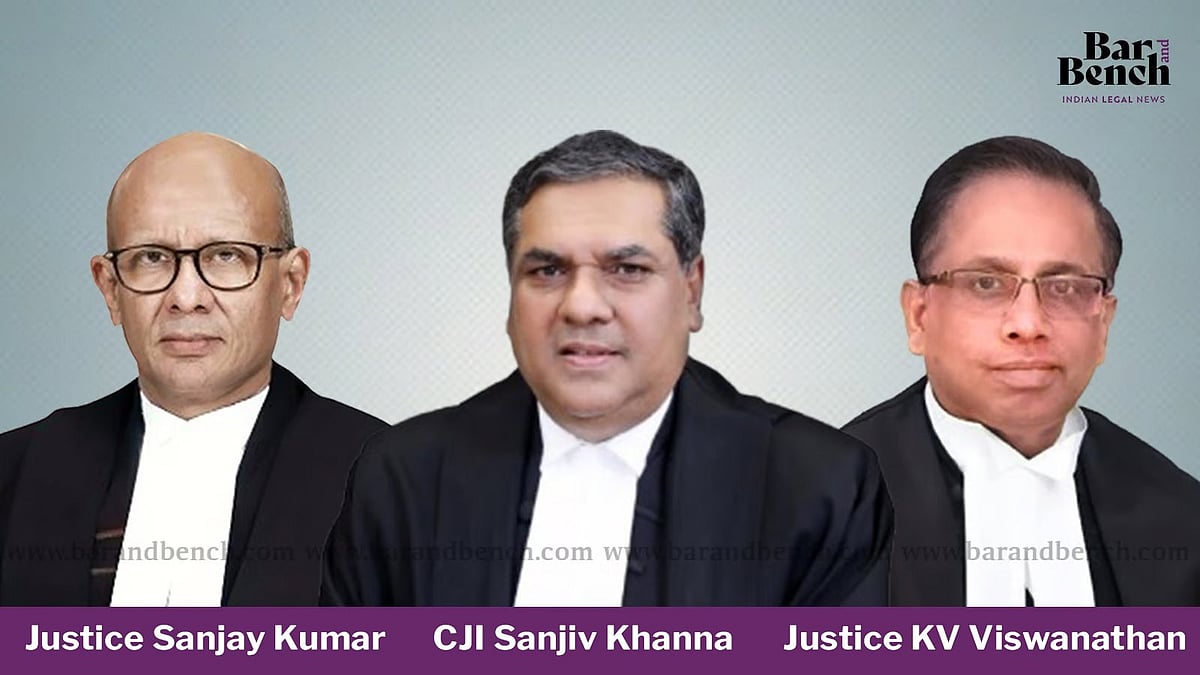The Waqf (Amendment) Act received Presidential assent on April 5.
The law proposes to amend the Waqf Act, 1995 in order to address the regulation of waqf properties.
Waqf refers to properties dedicated exclusively for religious or charitable purposes under Islamic law. The Waqf Act, 1995 was enacted to govern the administration of waqf Properties (religious endowments) in India.
It provides for the power and functions of the Waqf Council, State Waqf Boards and the Chief Executive Officer, and the mutawalli. The Act also describes the power and restrictions of Waqf Tribunals which act in lieu of a civil court under its jurisdiction.
The controversial amendment law makes key changes to the 1995 Act.
The Bill seeks to rename the 1995 Act to the Unified Waqf Management, Empowerment, Efficiency, and Development Act to reflect its broader objective of improving the management and efficiency of Waqf boards and properties.
While the Act allowed waqf to be formed by declaration, long-term use, or endowment, the Bill states that only a person practicing Islam for at least five years may declare a waqf. It clarifies that the person must own the property being declared. It removes waqf by user, where properties could be deemed as waqf based solely on prolonged use for religious purposes. It also adds that waqf-alal-aulad must not result in the denial of inheritance rights to the donor’s heir including women heirs.
While the Act empowered the Waqf Board to inquire and determine if a property is waqf, the Bill removes this provision.
The Bill provides that two members of the Central Waqf Council – set up to advise the Central and State governments and waqf boards – must be non-Muslims. Members of Parliament, former judges, and eminent persons appointed to the Council as per the Act need not be Muslims. Representatives of Muslim organisations, scholars in Islamic law, and chairpersons of Waqf Boards must be Muslims. Of the Muslim members, two must be women.
The Bill empowers the Central government to make rules regarding registration, publication of accounts of waqf, and publication of proceedings of Waqf Boards.
Under the Act, State governments could get the accounts of Waqfs audited at any point. The Bill empowers the Central government to get these audited by the CAG or a designated officer.
Read more the about the Act here.





